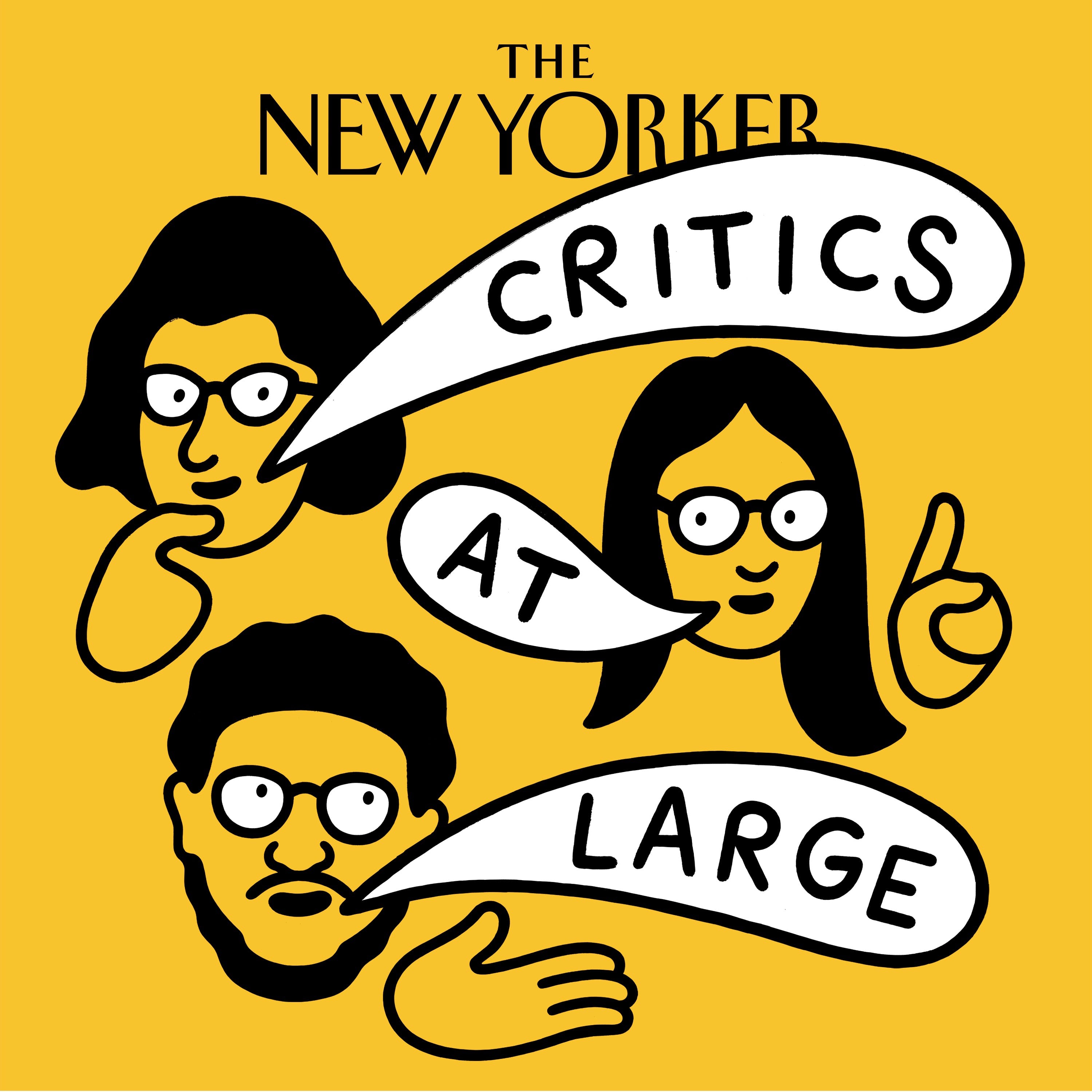
Why We Want What Tom Ripley Has

Critics at Large | The New Yorker
Shownotes Transcript
In her 1955 novel, “The Talented Mr. Ripley),” Patricia Highsmith introduced readers to the figure of Tom Ripley, an antihero who covets the good life, and achieves it—by stealing it from someone else. On this episode of Critics at Large, the staff writers Vinson Cunningham, Naomi Fry, and Alexandra Schwartz discuss the long tail of Highsmith’s work, which has been revived in adaptations like René Clément’s 1960 classic, “Purple Noon”; the definitive 1999 film starring Matt Damon and Jude Law; and a new Netflix series, “Ripley,” which casts its protagonist as a lonely middle-aged con man. In all three versions, Dickie Greenleaf, a wealthy acquaintance of Ripley’s, becomes his obsession and eventually his victim. The story resonates today in part because we’re all in the habit of observing—and coveting—the life styles of the rich and famous. Social media gives users endless opportunities to study how others live, such as the places they go, the meals they consume, and the objects they possess. “One of the reasons that the character of Ripley is forever sympathetic is the yearning and striving to be something other than himself, following an example that’s set out to him,” Fry says. “For him, it’s someone like Dickie. For us, it might be someone online.”
Read, watch, and listen with the critics:“The Talented Mr. Ripley),” by Patricia Highsmith“The Talented Mr. Ripley” (1999)“Purple Noon” (1960)“Ripley” (2024)“Saltburn” (2023)“The White Lotus” (2021—)New episodes drop every Thursday. Follow Critics at Large wherever you get your podcasts).
Learn about your ad choices: dovetail.prx.org/ad-choices)